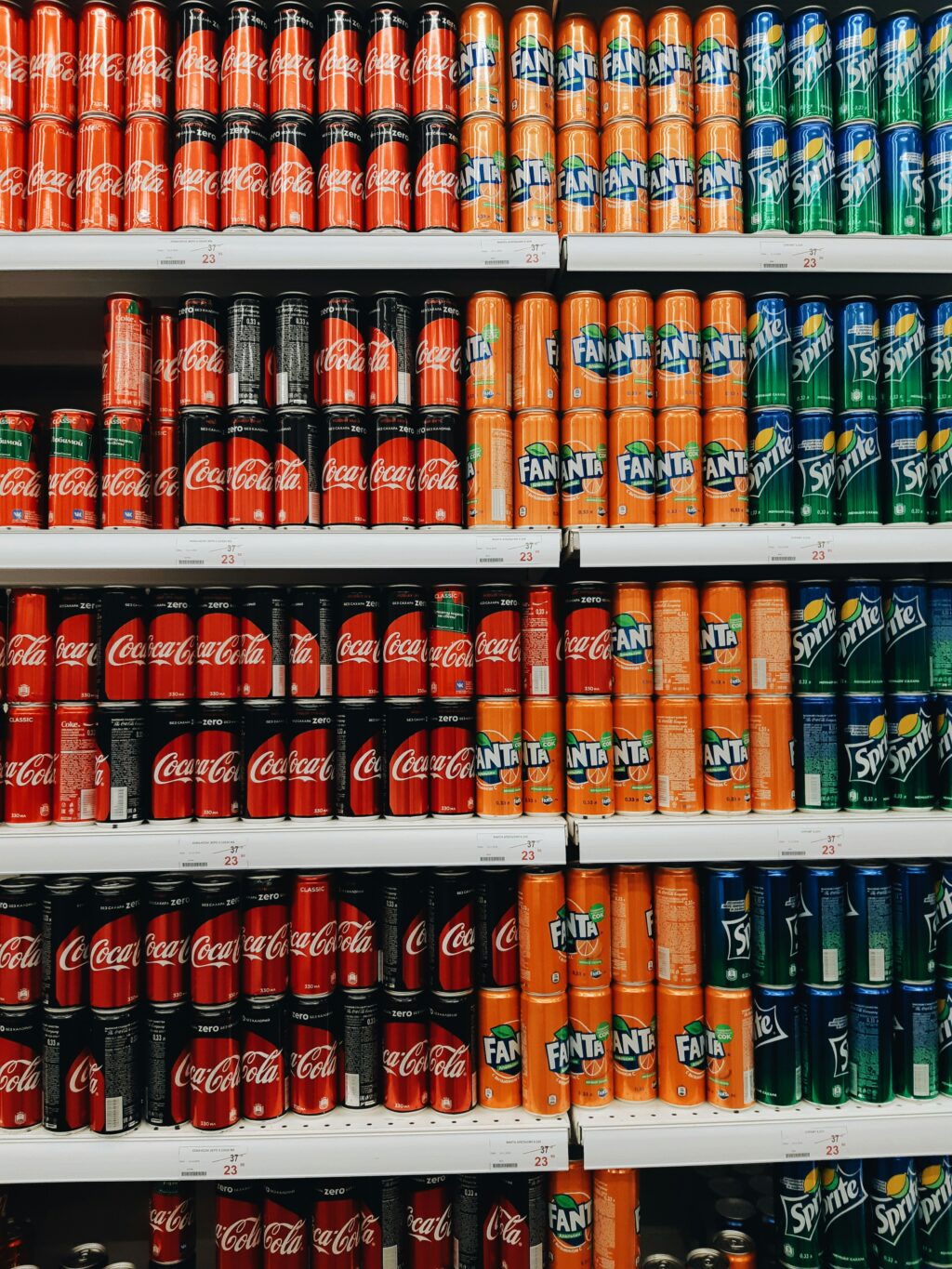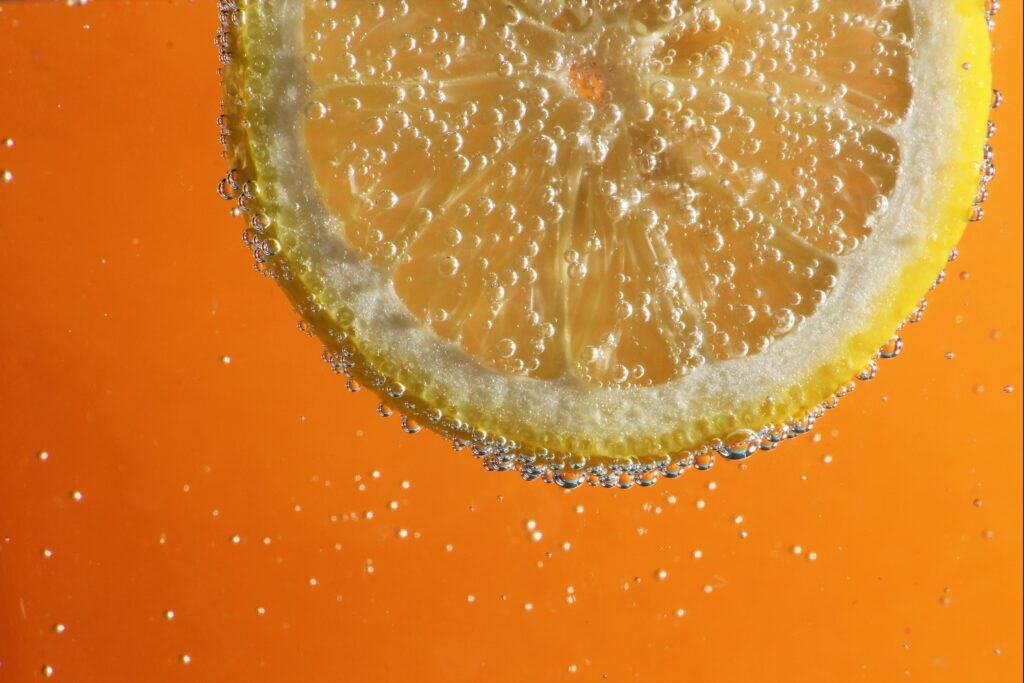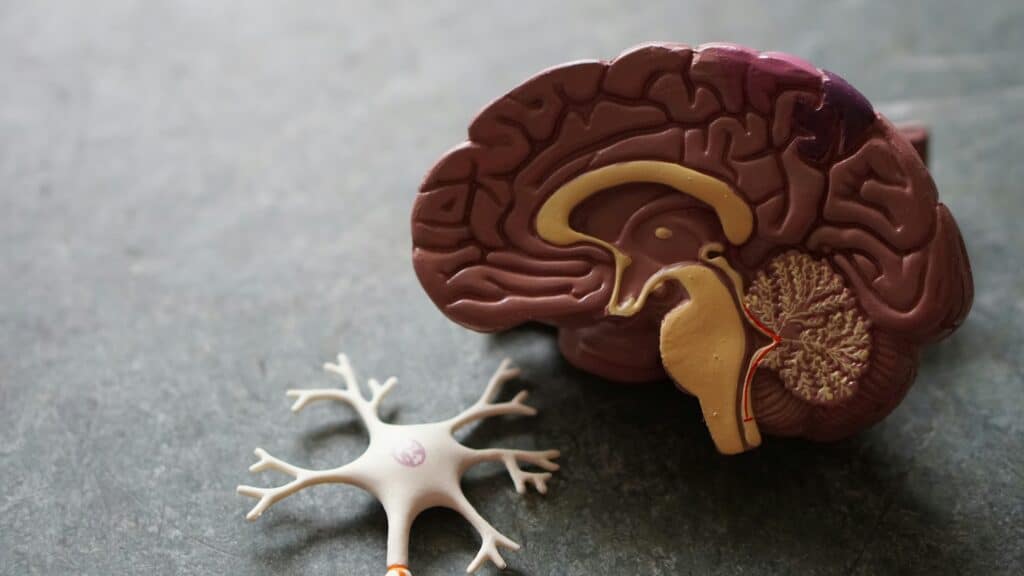I am not anti-alcohol. I live and operate in communities where alcohol is prominent, and I probably consume 1-2 drinks in a typical week.
In fact, I lean toward the belief that alcohol has many positive benefits related to community. Alcohol has been a social lubricant for thousands of years.
On the other hand, I want to make two quick points about alcohol. First, since the beginning of the world, it’s probably never been more hip not to drink alcohol. No one should feel pressure to drink, at least in the USA, because a considerable percentage of the population does not drink.
Second, there has never been a better time to get quality non-alcoholic beverages. In other words, you can sip fancy cocktails that are non-alcoholic with your friends. You can buy non-alcoholic wine and beer. Here in Atlanta, we actually have non-alcoholic bars and non-alcoholic “liquor” stores.
With that in mind, I want to talk about a recent study, which, for some unknown reason, the Department of Health and Human Services recently decided not to publish.
A draft of the report, known as the Alcohol Intake and Health Study, was published for public comment in January and is available online.
Here are some pretty shocking conclusions.
Major Health Risks Begin at One Drink Daily
Researchers discovered that consuming just one alcoholic drink per day increases the risk of developing multiple cancers—including breast, liver, colorectal, pharyngeal, and esophageal cancer—as well as liver cirrhosis. The study linked alcohol to over 200 health conditions ranging from mental health disorders to heart disease and digestive diseases.
While one drink daily slightly reduced stroke risk, this modest benefit was negated by occasional consumption of more than one drink. The risks escalate dramatically: people drinking more than seven drinks weekly face a 1-in-1,000 risk of alcohol-related death, jumping to 1-in-100 for those consuming nine or more drinks weekly.
Perhaps most striking, men who increase from one to two drinks daily face a 40-fold increase in mortality risk from alcohol-related diseases.
Two Types of Health Impact
Alcohol affects health through immediate effects—hangovers, workplace fatigue, drunk-driving dangers, and injuries—and long-term consequences, including chronic disease development. Beyond disease, alcohol influences brain function, mood, digestion, and energy levels.
Industry Influence
While this study was suppressed, the government selected a competing study to inform US advisory guidelines on alcohol. It aligns with current guidelines (one drink daily for women, two for men).
Some panelists behind this alternative report have financial ties to the alcohol industry, raising concerns about industry influence.
In other words, the fox is likely in charge of watching the hen house.
Path Forward
The suppression of the report is unfortunate. People deserve access to rigorous scientific information to make informed decisions about alcohol consumption.
However, we are all personally responsible for our health, regardless of what information (or misinformation) comes from the government.
Those wanting to reduce drinking can gradually cut back (fewer drinks per occasion or fewer drinking days), pay attention to alcohol-by-volume percentages in beverages, or switch to non-alcoholic alternatives.
The good news? There has never been a favorable time to do so.
Photo by Sérgio Alves Santos on Unsplash










